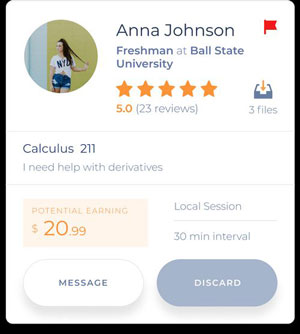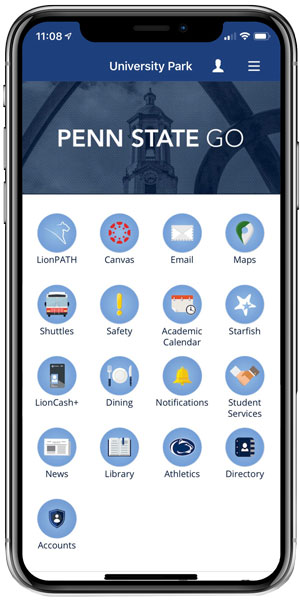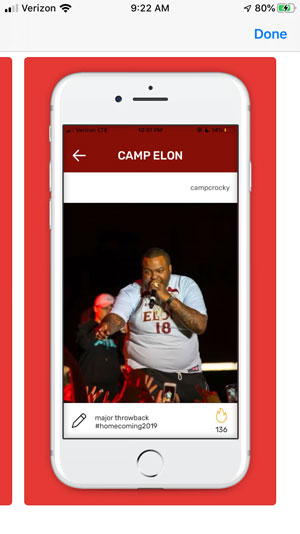
Two cybersecurity reports that highlight mobile device risks — one from Verizon and the other from NetScout Systems — have also touched on education in their findings.

How can you push students to become more creative? It's not necessarily something that can be taught explicitly; however, it can become an implicit element in the activities you have students do. That was the topic for two University of Missouri researchers who concluded that mobile technology can enhance student learning and creativity if it's used appropriately.

Researchers at Augusta University are creating an app that will allow users to assess their COVID-19 infection risk at home in minutes, based on how they feel and where they've been.

A Purdue University-affiliated startup has launched a software service that offers a twist on tutoring. Studytable enables students to identify peers who can help them with difficult coursework.

A new mobile app at Penn State University provides single sign-on access to the learning management system, e-mail, shuttle bus tracking, campus maps, grades, class schedules, tuition bills, library services, academic advising and more.

Veteran education technologist Ellen Wagner examines a point that is too often missing from discussions of "digital transformation".

According to a forecast from Gartner, worldwide end-user spending on wearable devices will reach $52 billion next year.

An initiative between Arizona State University and telecommunications company Sprint will focus on 5G and the Internet of Things. The multiyear program will build on 5G connectivity in place on campus, produce new IoT curriculum and launch a spate of joint research projects.

A team of students at North Carolina's Elon University have launched a social app that allows its users to share short videos.
With seniors starting to apply for college, the U.S. Department of Education announced updates to the FASFA mobile app to make the process easier for students and parents.